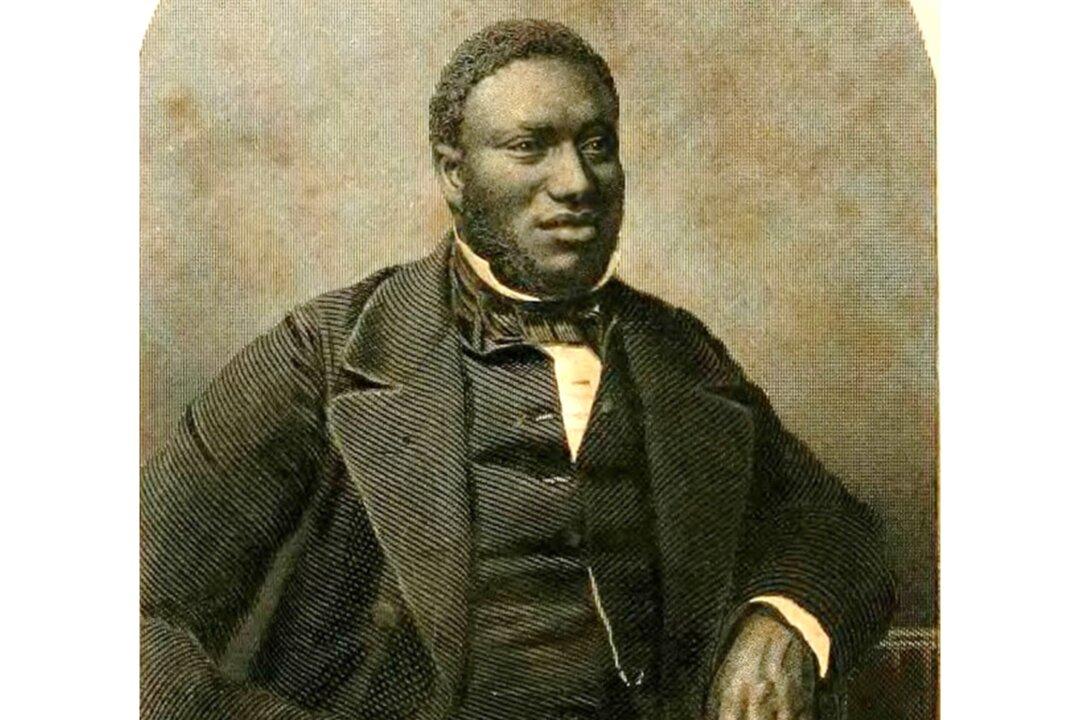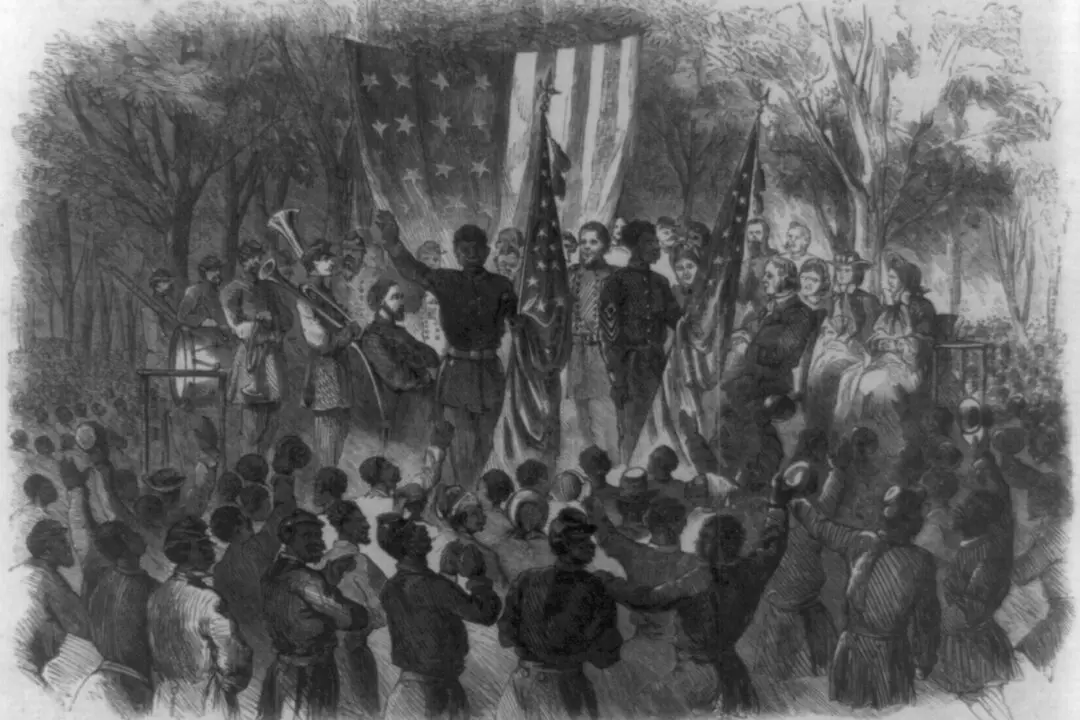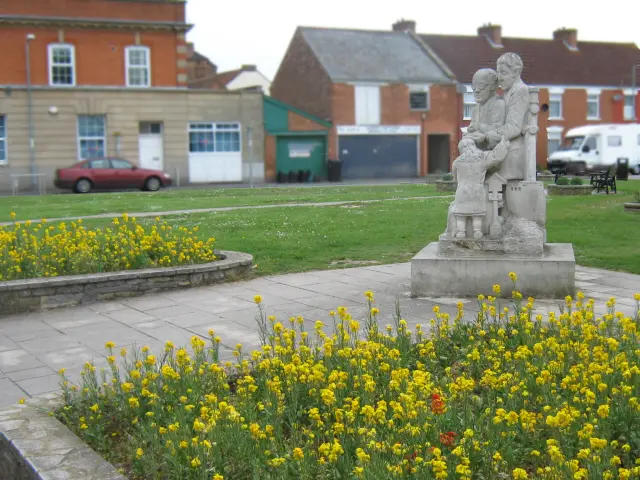Samuel Ringgold Ward’s great oratory skills were key to the movement to end slavery in the 1800s.
The famous abolitionist Frederick Douglass gave Ward credit for being able to capture attention wherever he went. “As an orator and thinker, he was vastly superior, I thought, to any of us, and being perfectly black and of unmixed African descent, the splendors of his intellect went directly to the glory of [the] race,” Douglass said in his autobiography, “The Life and Times of Frederick Douglass.”






